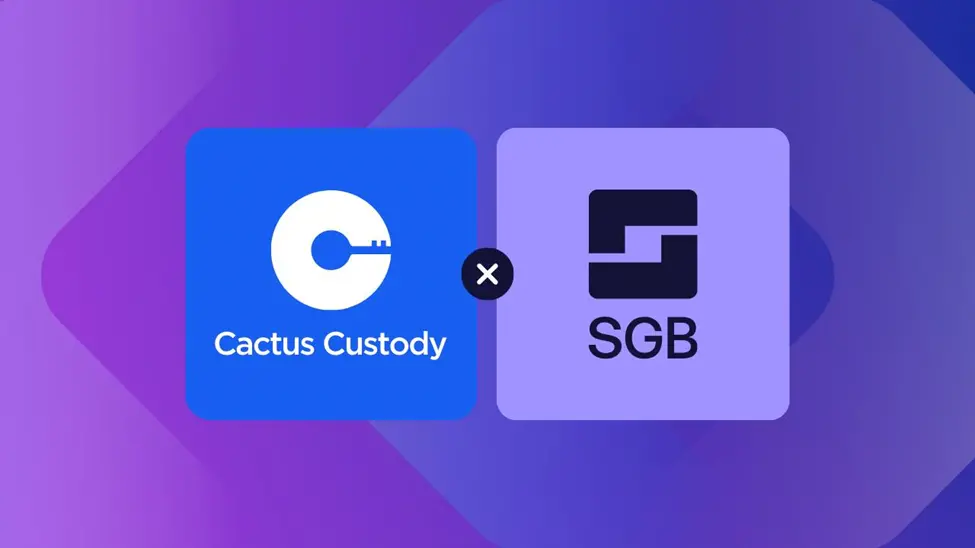Bitcoin Is Becoming Illiquid at 147K a Month in Signal of Steady Accumulation
"The market appears to be in a period of quiet accumulation, which suggests an undercurrent of demand," one analyst said.
Bitcoin () is flowing into wallets controlled by illiquid entities, or network participants with little-to-no spending history, at the fastest rate in six months, indicating a bias for accumulation from long-term investors.
illiquid supply change metric, which measures the number of coins held by illiquid wallets on a specific date compared with the same day the previous month, rose to 147,351.58 BTC ($3.9 billion) on Monday, the most since Dec. 19. The total held by illiquid entities has jumped to a record high 15,207,843 BTC, with the tally increasing by 215,000 BTC in the past four weeks alone.
The data shows investors remain confident of bitcoin's price prospects despite continued macroeconomic uncertainty and heightened regulatory risks.
Last week, the U.S. Federal Reserve kept interest rates unchanged, pausing a 15-month rate-hike cycle. The bank, however, ruled out rate cuts this year while keeping the doors open for more increases if required. The so-called tightening was partly responsible for last year's crypto market swoon.
Early this month, the U.S. Securities and Exchange Commission against prominent digital assets exchanges Coinbase and Binance, accusing them of offering a number of alternative cryptocurrencies as unregistered securities. The lawsuits did not mention bitcoin, triggering a rotation of money out of altcoins and into the leading cryptocurrency by market value.
The rate of flow into illiquid wallets is "supporting the case for a gradual and steady accumulation taking place," Glassnode analyst James Check said in a weekly report published Monday, noting the record balance held by illiquid entities and the dwindling exchange balance.
"Overall, the market appears to be in a period of quiet accumulation, which suggests an undercurrent of demand, despite the regulatory headwinds of late," Check added.

The illiquid supply change indicator turned positive on May 24, signaling renewed accumulation, and has increased sharply since then.
Other things being equal, faster accumulation means weakening supply in the market and potential for price rise. suggest scope for bull revival as long as crucial support at $25,200 is held intact, that is the bitcoin price doesn't drop below that level.
Bitcoin changed hands at about $26,750 at press time, having put in a high above $27,150 during the Asian trading hours, according to CoinDesk data.
Edited by Sheldon Reback.
Disclaimer: This article was written and edited by CoinDesk journalists with the sole purpose of informing the reader with accurate information. If you click on a link from Glassnode, CoinDesk may earn a commission. For more, see our .
Disclaimer: The content of this article solely reflects the author's opinion and does not represent the platform in any capacity. This article is not intended to serve as a reference for making investment decisions.
You may also like
Matrixport’s Cactus Custody partners with Singapore Gulf Bank (SGB) to upgrade compliant fiat custody and 24/7 instant access capabilities
This article reports on the collaboration between Cactus Custody, the compliant digital asset custody institution under Matrixport, and Singapore Gulf Bank (SGB). The partnership aims to provide institutional clients with compliant and efficient fiat custody and instant deposit and withdrawal services to meet the needs of connectivity between digital assets and traditional finance.

VIPBitget VIP Weekly Research Insights
As the crypto market recovers in 2025, Digital Asset Treasury (DAT) firms and protocol token buybacks are drawing increasing attention. DAT refers to public companies accumulating crypto assets as part of their treasury. This model enhances shareholder returns through yield and price appreciation, while avoiding the direct risks of holding crypto. Similar to an ETF but more active, DAT structures can generate additional income via staking or lending, driving NAV growth. Protocol token buybacks, such as those seen with HYPE, LINK, and ENA, use protocol revenues to automatically repurchase and burn tokens. This reduces circulating supply and creates a deflationary effect. Key drivers for upside include institutional capital inflows and potential Fed rate cuts, which would stimulate risk assets. Combined with buyback mechanisms that reinforce value capture, these assets are well-positioned to lead in the next market rebound.


Data: Bitcoin spot ETF saw a net inflow of $741.79 million yesterday
